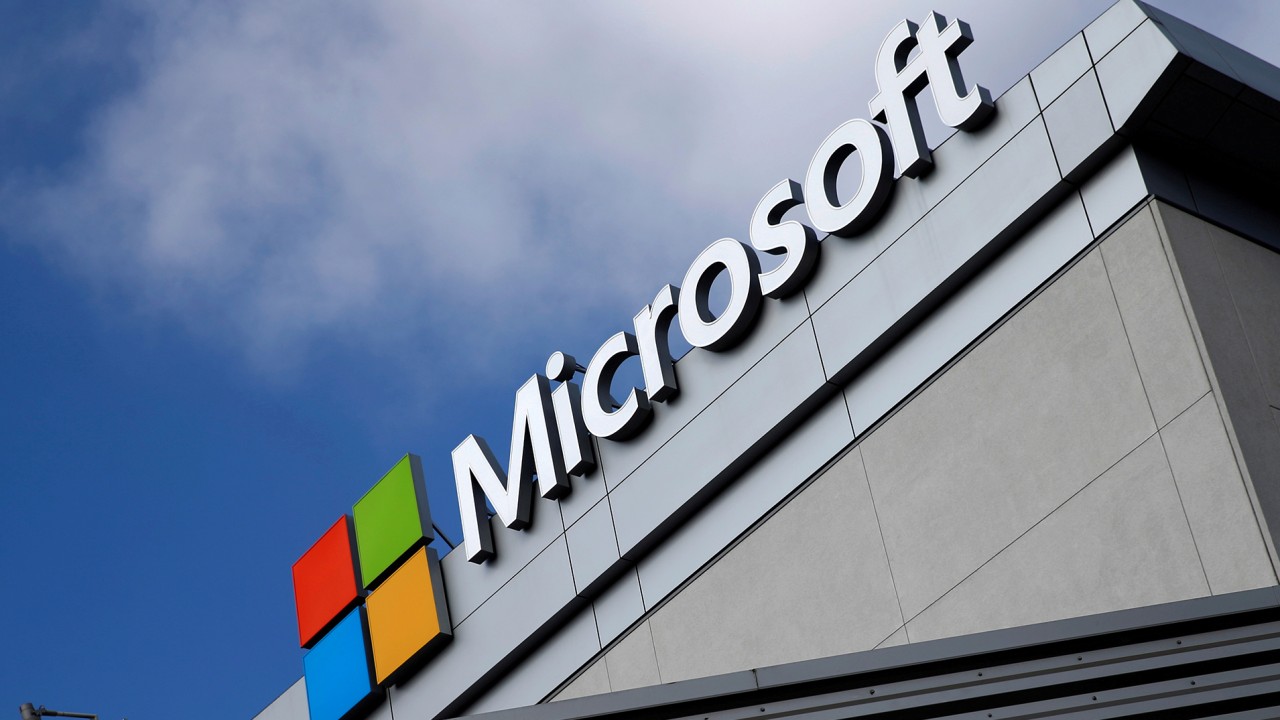
02:44
US, Britain and EU accuse China of sponsoring massive Microsoft email server hack

The United States and 55 other nations on Thursday signed a political commitment to push rules for the internet that are underpinned by democratic values, at a time when the US has accused Russia of wielding internet disruptions as a part of its escalating attacks on Ukraine.
The commitment, called the “Declaration for the Future of the Internet” – the first such effort of its kind – protects human rights, promotes free flow of information, protects the privacy of users, and sets rules for a growing global digital economy among steps to counter what two Biden administration officials called a “dangerous new model” of internet policy from countries such as Russia and China.
The United States is witnessing a global trend of rising digital authoritarianism, with countries such as Russia having acted to repress freedom of expression, censor independent news sites, interfere with elections, promote disinformation, and deny their citizens other human rights, the officials said.
“Look at what … Russia is doing, some of the steps China is taking, and I think we see this as a response to these kind of ‘splinternet’ tendencies by a number of authoritarian countries around the world,” one of the officials said, referring to a characterisation of the internet as splintering and dividing due to various factors, such as politics.
Since its invasion of Ukraine, Russia has launched cyberattacks, including hacking into a satellite internet provider’s network at the beginning of the invasion. The administration officials said the new effort is not an attempt to address cyber warfare.
“Access to the open internet is limited by some authoritarian governments and online platforms and digital tools are increasingly used to repress freedom of expression and deny other human rights and fundamental freedoms,” reads the text of the declaration, which also calls on parties to refrain from government-led internet shutdowns and blocking of access, and instead work together to combat cybercrime and hackers.
The declaration is a modified version of the White House’s efforts from last year to rally a coalition of democracies around a vision for an open and free web.
The countries joining the US include Australia, Argentina, Belgium, Canada, Denmark, Georgia, Germany, Greece, Israel, Italy, Japan, Netherlands, the United Kingdom and Ukraine, but the initiative, delayed since December, has yet to garner support from several key players despite the administration’s efforts.
India, the world’s largest democracy, has yet to sign on. Brazil, Indonesia, Mexico, Nigeria, Pakistan and South Africa are also absent.
Even New Zealand, a close US intelligence partner, was not included in an early list of countries distributed before the announcement, although a senior administration official said it had since joined and the list was subsequently updated.
“That is a substantial proportion of the global population that should be at the table,” said Justin Sherman, a fellow at the Atlantic Council’s Cyber Statecraft Initiative, referring to such nations as global “swing states” whose influence was critical to the future of the internet.
He has argued many advocates for a free and open internet viewed the US initiative “sceptically”, saying it initially appeared intended solely to bolster US strategic efforts to counter China, according to a paper he co-wrote earlier this year
“That has changed since Russia’s invasion of Ukraine,” he added.
Additional reporting by Bloomberg